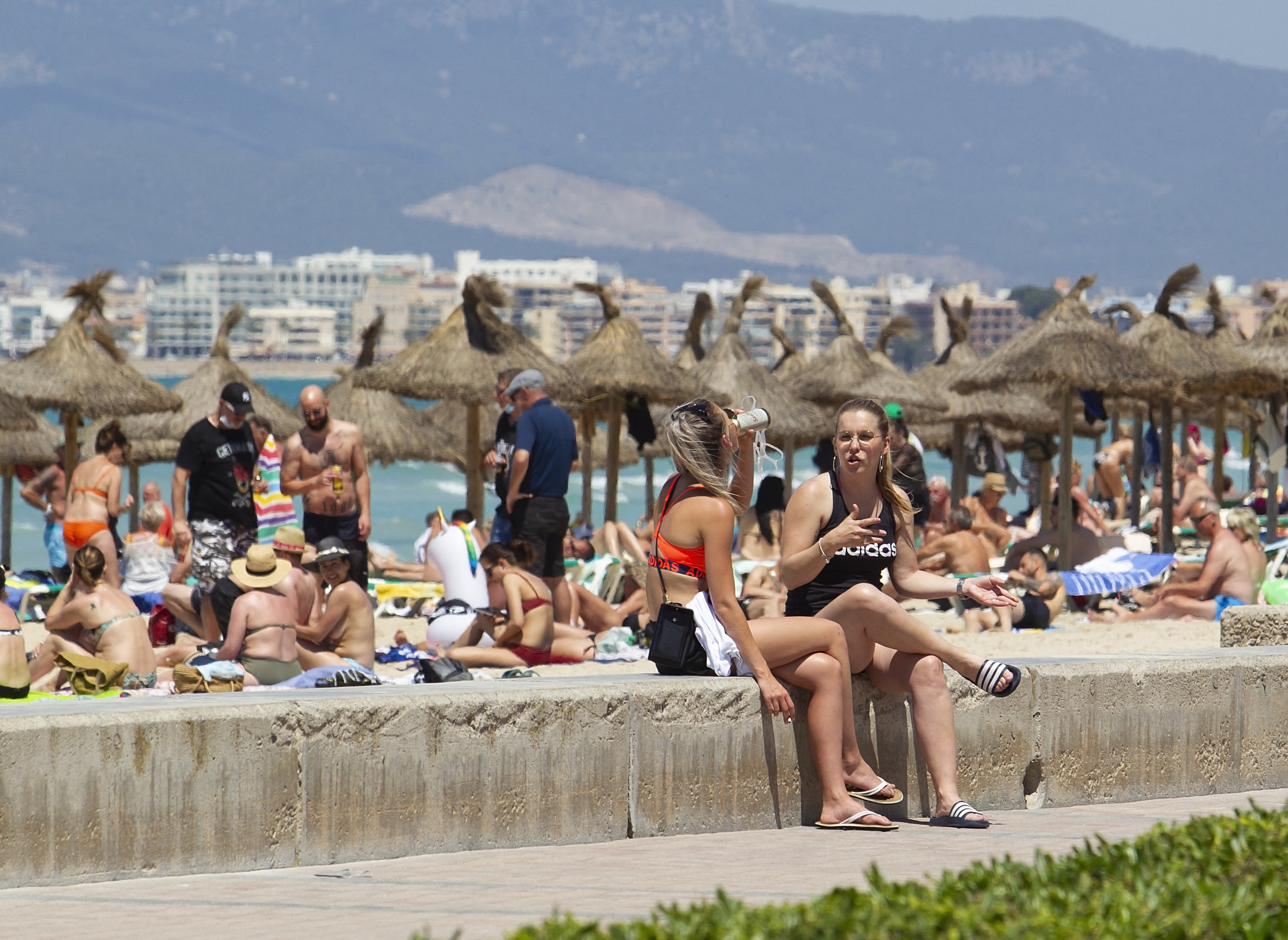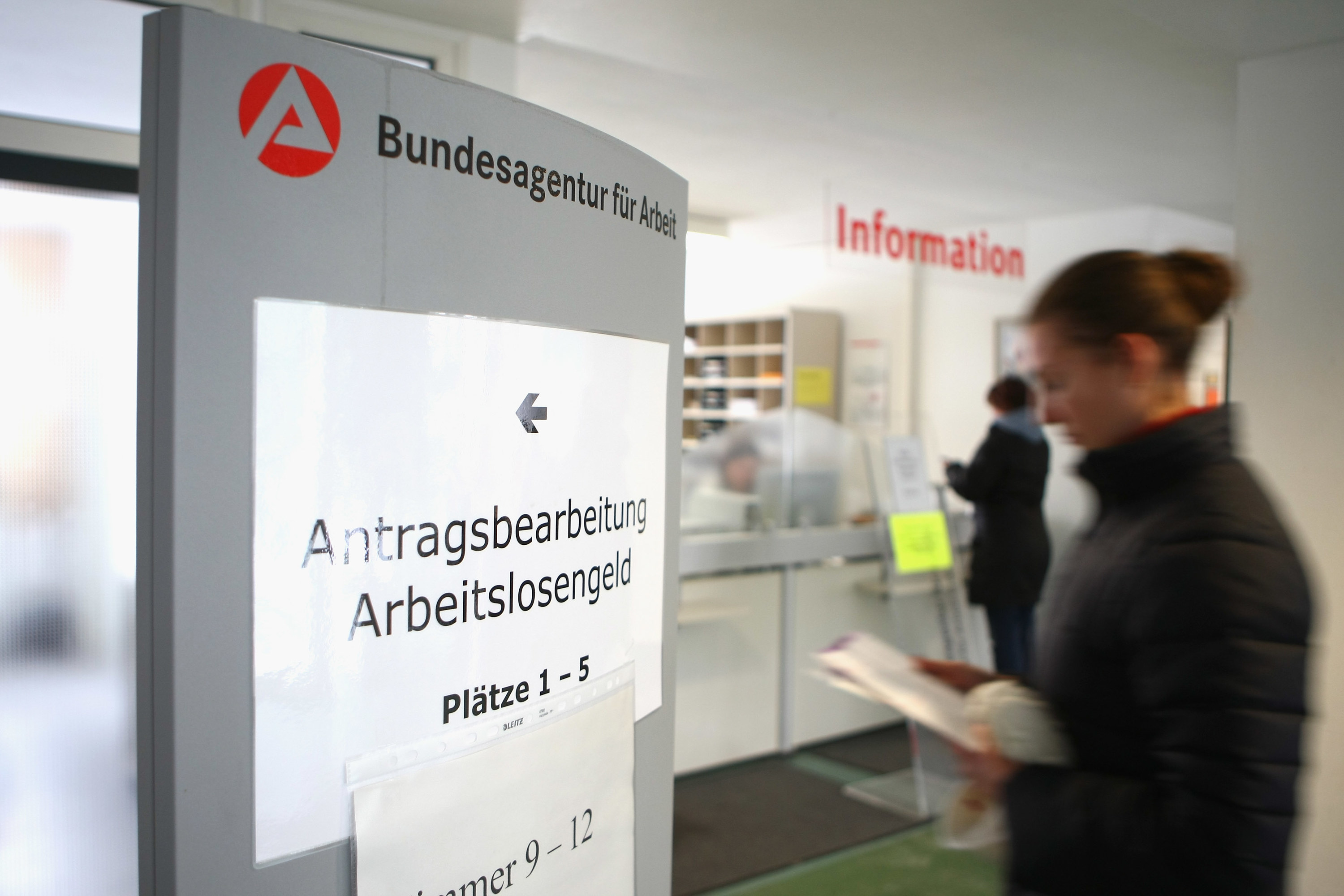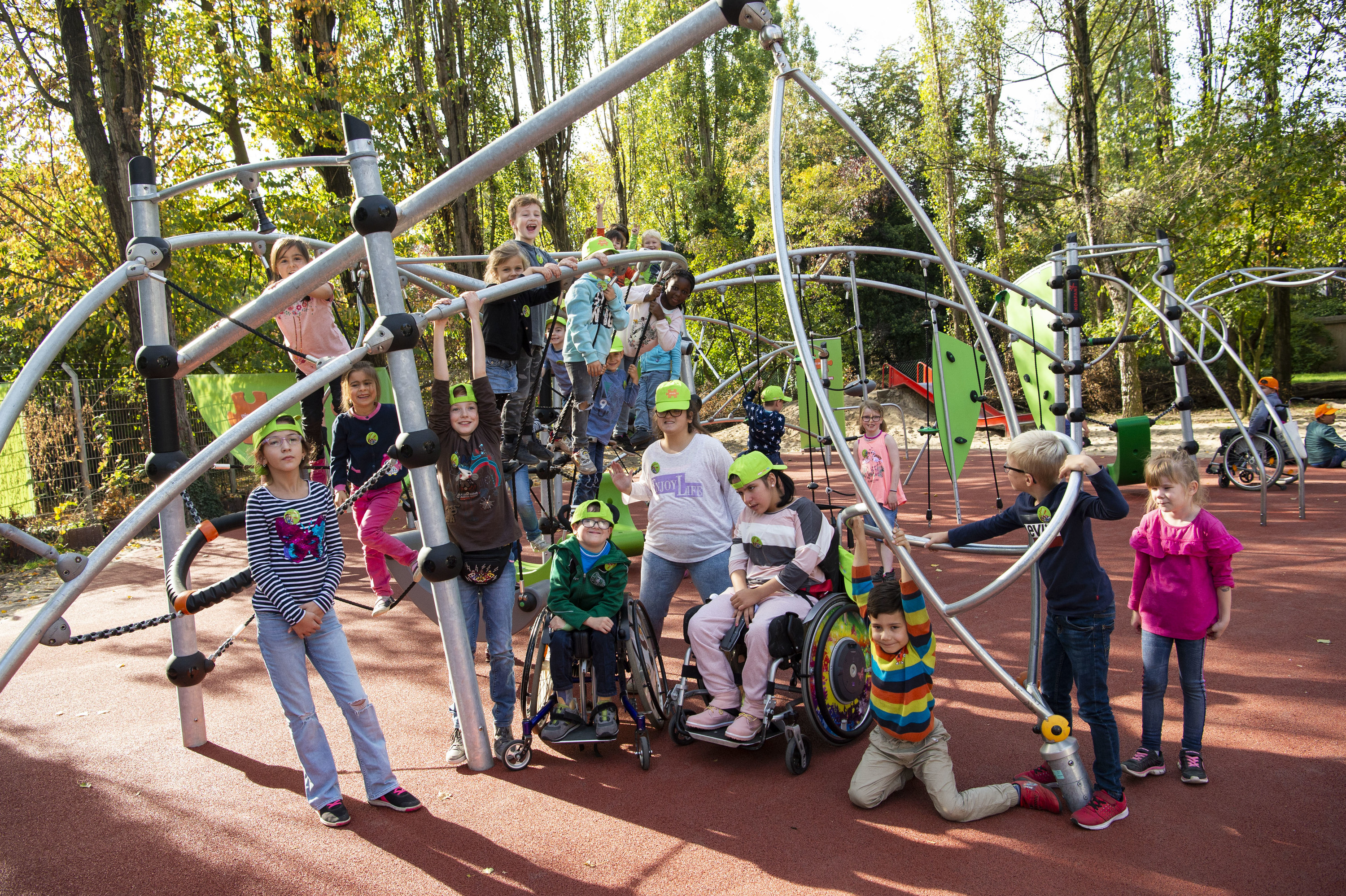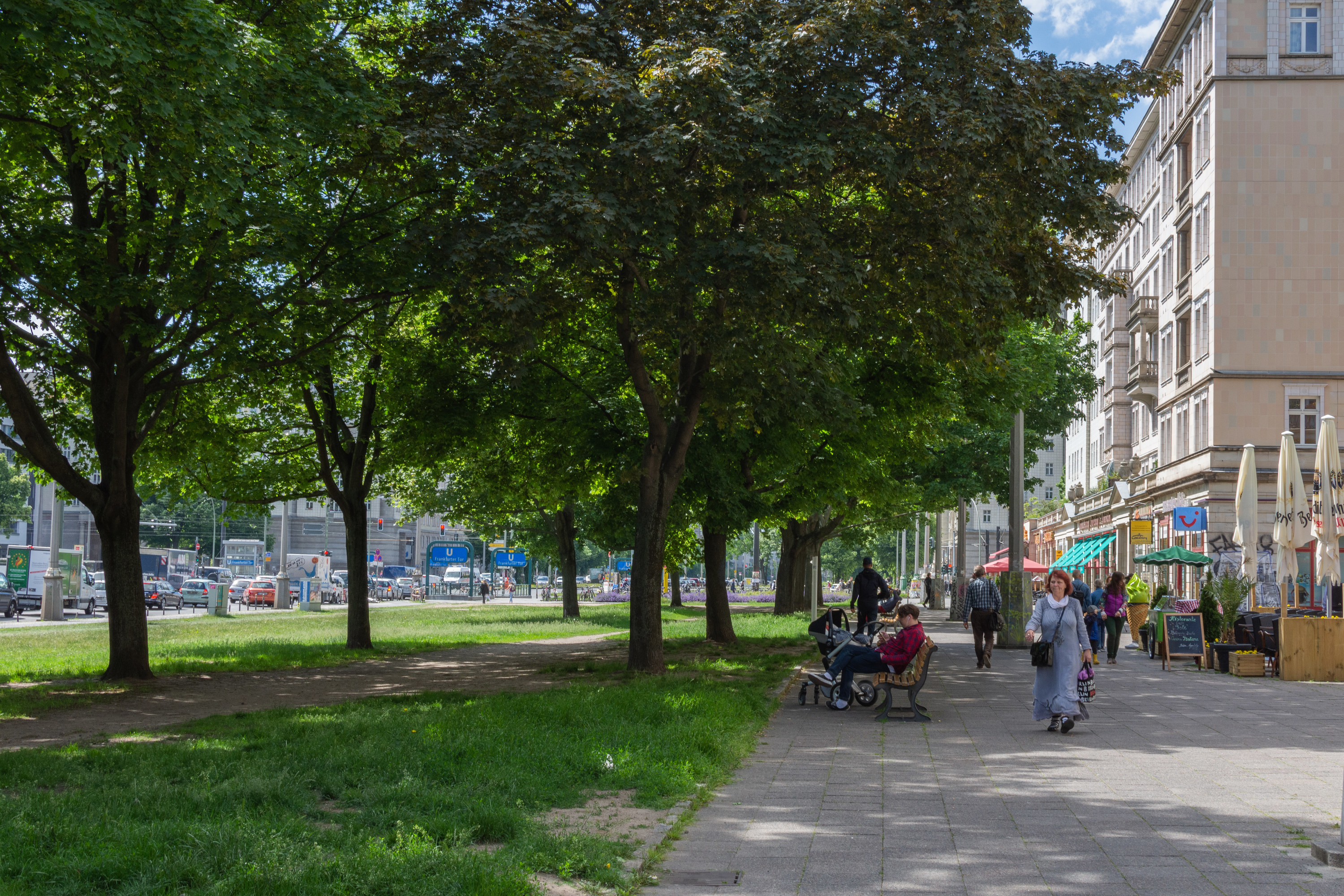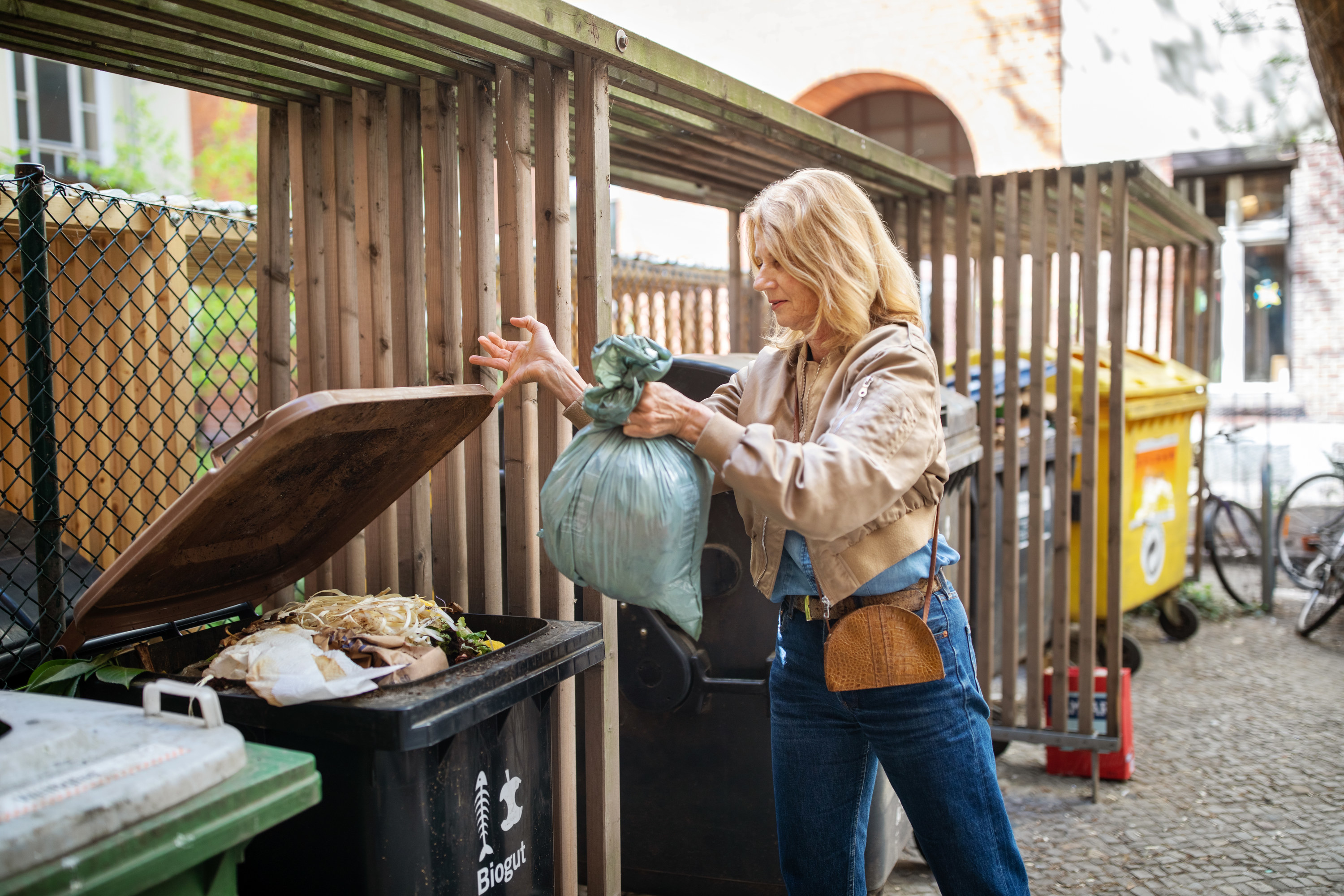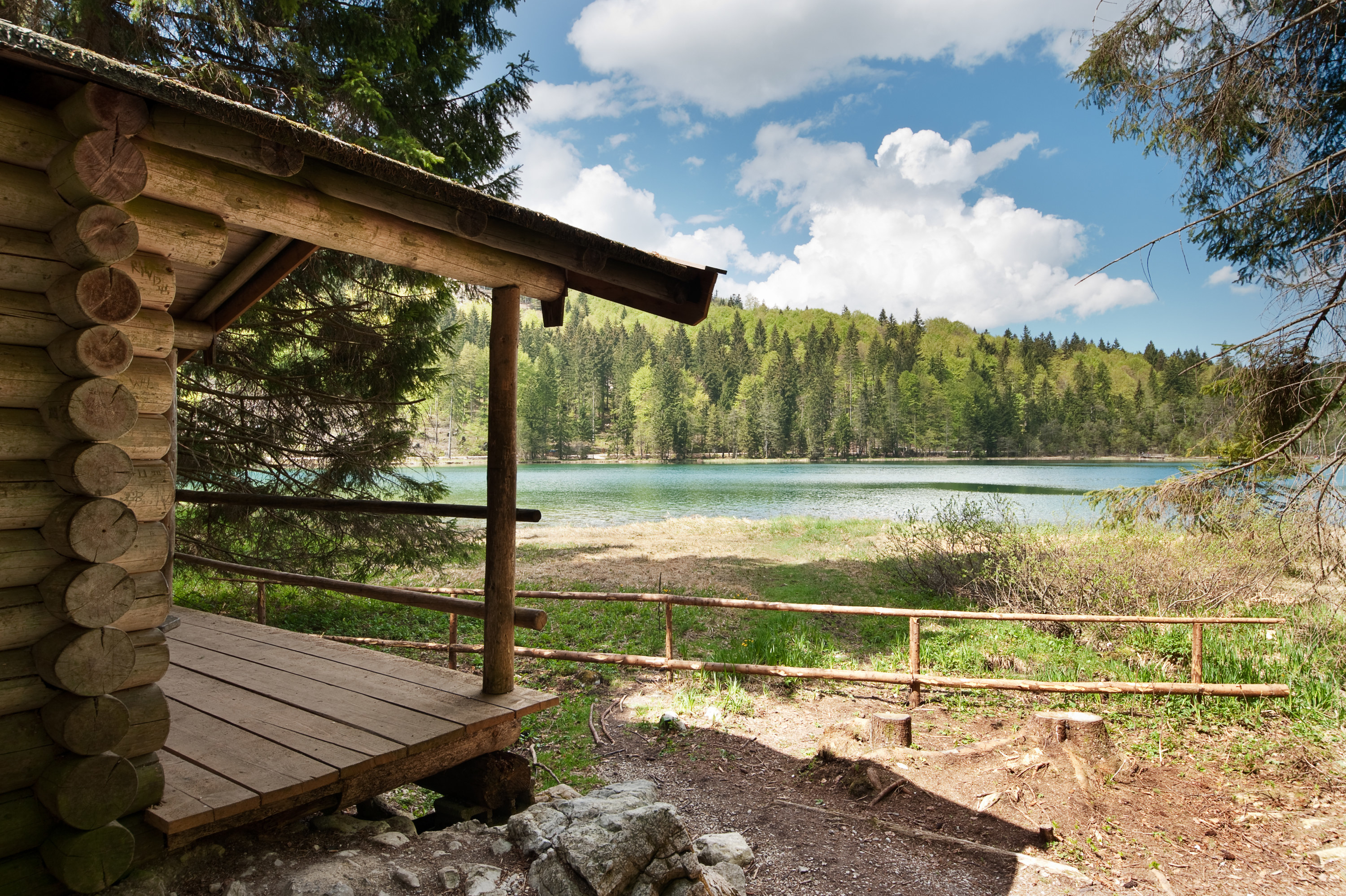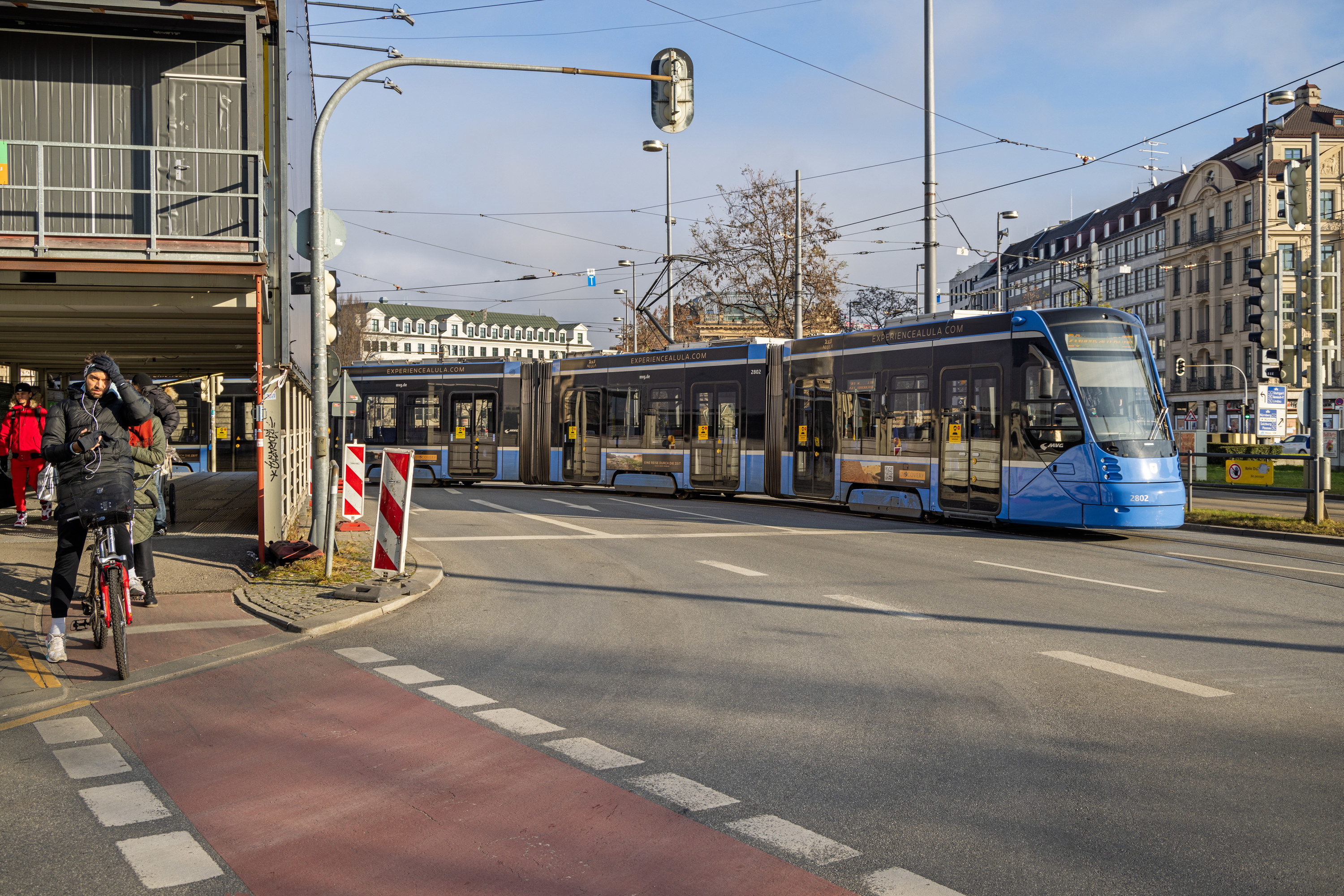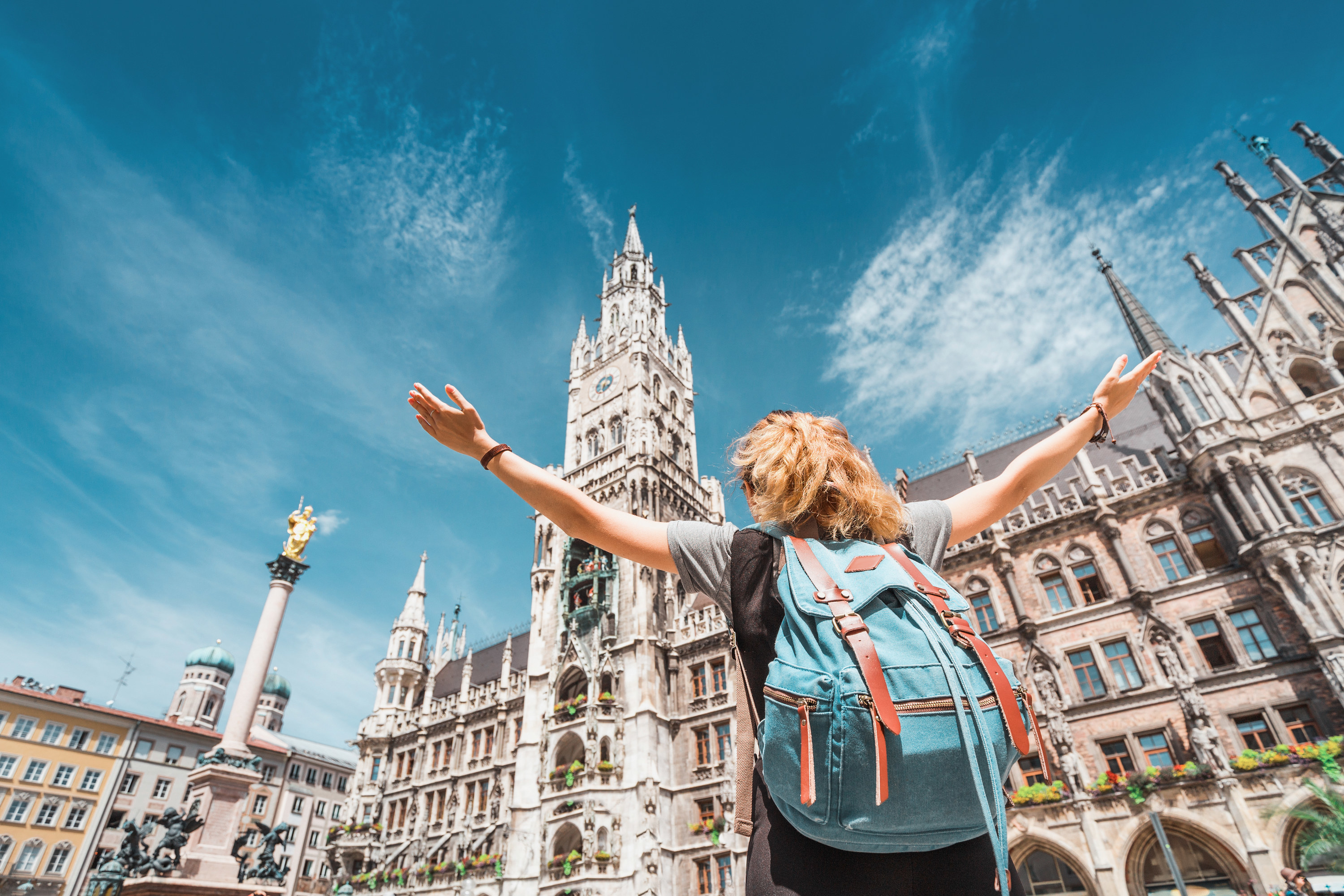It also helps that train tickets and flights to destinations from Gran Canaria to Prague can cost less than 100 euros (around $113). With a generous allowance of paid time off, affordable destinations, and Germany’s standing as the world’s fourth-largest economy, it’s no surprise that people here really take advantage of their chance to travel the European continent and the rest of the world. Every person who bears a child is entitled to a minimum of 14 weeks of maternal leave — and eight weeks of leave after birth are actually mandatory. After that, you can also take parental leave for up to 12 months, earning 67% of your salary with a cap of 1,800 euros (around $2,040) per month. If only the US could take a page from Germany’s book on this issue… I love that there are a ton of discount grocery stores here, like Netto, Lidl, and Aldi, where basically everything in the store is sold at a seriously reduced price. The cheap groceries are one of the reasons my cost of living in Berlin has gone down significantly and allowed me to pay off all of my credit card debt. Imagine a world where you’re not afraid of going bankrupt if you’re fired from your job, or not living in fear of a random medical catastrophe or an accident. Ideally, none of those things ever happen, but if and when they do in Germany, your life isn’t over. Kids are encouraged to walk themselves to school from an early age, and they’re taught to take advantage of fresh air and actively play every day (even when the weather isn’t so great). I’m constantly telling my friends and family with kids that Berlin is such a child-friendly city in large part due to the great parks and playgrounds. In Berlin I have a few favorite spots to stroll: I love the boulevard on Frankfurter Allee, which is shaded by lush trees that canopy the walkway during the summertime. I also spend lots of time on the steps of the town “square” down my street and at the large socialist memorial at my local park, which reminds me that I’m living in a city that’s lived through a lot in the last century. I love how these public spaces make Berlin so pedestrian-friendly. These outdoor sanctuaries are what made the first half of the pandemic bearable for me, and I can’t imagine life without them. Almost every Saturday since I moved here, I’ve had a brunch consisting of one carefully selected bread roll piled high with various spreads, meats, cheeses, and jams. I doubt I’ll ever get tired of this type of meal. It’s not just social media, though. People here have an overall expectation of privacy, and they assume that that any personal data they input into web or physical forms (such as in a doctor’s office, an event registration, etc.) will be deleted after they are done with the transaction. This might have something to do with how violently personal privacy was abused during World War II. I didn’t care for this heightened respect for my privacy at first, but it’s slowly raised my standard of living in a subconscious way. Overall, it’s pretty reassuring knowing that my public life doesn’t have to interfere with my private life. It’s much harder to obtain a firearm in Germany. You must fulfill a couple of key requirements, and you must show a demonstrated need for a firearm (e.g., you’re a hunter or are someone who is more likely to be the victim of a crime); display specialized knowledge, usually through passing an exam; and prove that you are mentally stable, among many other conditions. It’s the reason Germany has some of the world’s strictest gun control laws, and in 2016 was heralded for being the only country that requires anyone under 25 years of age to pass a psychiatric evaluation before applying for a gun license. There’s something for every season: In the spring, people go Bärlauch (wild garlic) picking and take long strolls under blooming cherry blossom trees. Summertime is blissful, and everyone spends long afternoons lounging by one of thousands of local lakes. In the fall, there’s mushroom picking and hikes over crunchy beds of colorful leaves. And while the winter is my least favorite season, there are still ways to take advantage of the outdoors, like skiing and other winter sports. Locals here will complain about how Berlin’s bike lanes are nothing compared with those in Amsterdam, but for someone who went from experiencing the dangerous and uneven bike infrastructure in NYC to flat terrain and clearly marked (and mostly respected) bike lanes, I don’t think I could ever go back. Of course, the system isn’t perfect: In many university programs, students are barred from working more than 20 hours per week. In addition, students don’t enjoy the generous faculty office hours and the abundance of resources you might get at an American university. But to a lot of people, that’s a small price to pay for zero college debt.
